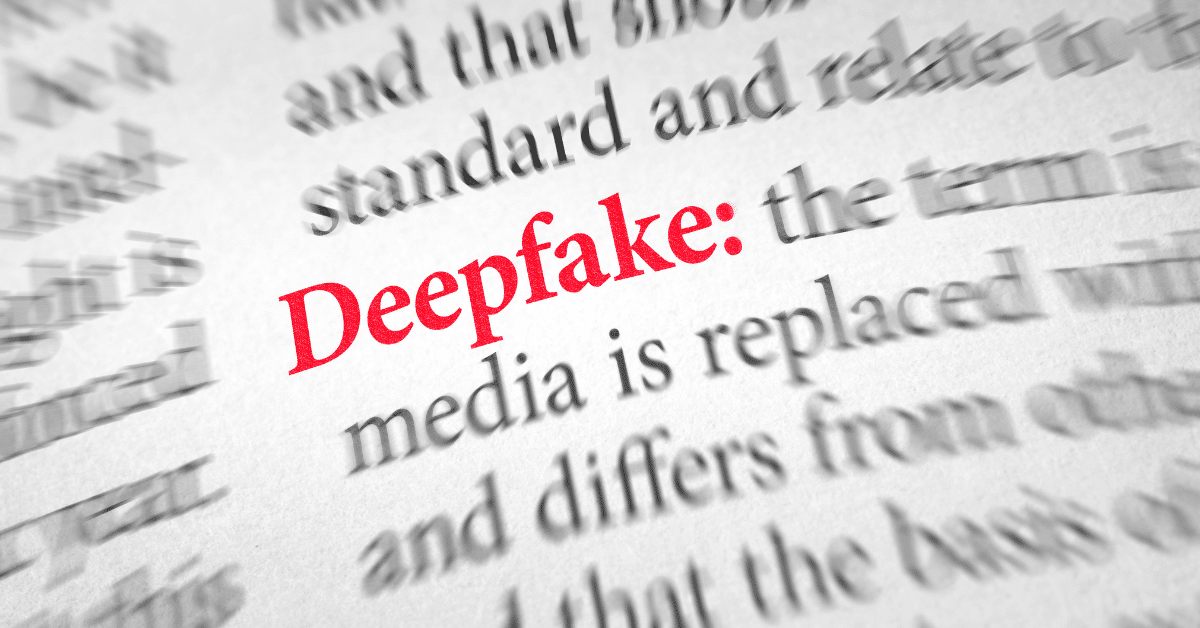In a groundbreaking study conducted by researchers from University College Cork in Ireland and Lero, the Science Foundation Ireland Research Center for Software, the impact of deepfake technology on our memories and beliefs has been examined. The findings shed light on the potential for deepfakes to create false memories and distort our perception of reality. Surprisingly, the study also reveals that non-technical means, such as simple text descriptions, can have a similar effect.
The study involved 436 participants, with an average age of 25, including individuals with undergraduate and postgraduate degrees. Participants were presented with clips of both real and deepfake movie remakes and were asked to provide their opinions on them.
The deepfake remakes featured well-known films such as The Shining, Matrix, Indiana Jones, and Captain Marvel.For instance, Brad Pitt and Angelina Jolie were digitally inserted into The Shining, portraying the characters originally played by Jack Nicholson and Shelley Duvall. Will Smith replaced Keanu Reeves as Neo in The Matrix. On the other hand, the four real movie remakes featured Charlie and the Chocolate Factory, Total Recall, Carrie, and Tomb Raider.
Interestingly, even when participants were provided with text descriptions of the remakes instead of watching the deepfake videos, they still formed false memories. For instance, a description might state that Brad Pitt and Angelina Jolie starred in a remake of The Shining in 2012, playing the roles of Jack and Wendy Torrance in the Stephen King horror film. Participants were only informed that the deepfakes were fabricated later in the survey.
The study revealed that, on average, 49% of participants believed each deepfake remake to be real. The participants had the highest rate of false recall for:
- Captain Marvel (73%)
- Indiana Jones (43%)
- The Matrix (42%)
- The Shining (40%).
Intriguingly, a significant number of participants also reported that the deepfake versions were superior to the originals, with percentages ranging from 9% to 41% across the different movies.
Notably, the false memory rates stemming from text descriptions were equally high, indicating that deepfake technology may not possess a unique capacity to distort memory compared to other non-technical methods.
The researchers stress that while deepfakes raise concerns related to non-consensual pornography and bullying, the study demonstrates that they are not inherently more powerful in distorting our recollections of the past. The same effects on memory distortion were achieved using simple text descriptions. The study highlights how easily and effectively memories can be manipulated through non-technical means.
Nevertheless, these findings mark a significant milestone in understanding the fundamental risks associated with memory distortion caused by exposure to deepfakes. They could serve as a basis for future regulations and design considerations regarding deepfake technology in the film industry.
The researchers believe that further investigation is necessary to explore user perspectives on the integration of deepfakes in other domains, including education, marketing, and gaming.
The study was published in PLOS One.
Source: PLOS via EurekAlert!
Official this article was published here.
The Ultimate Guide To Market Proxy in 2023

